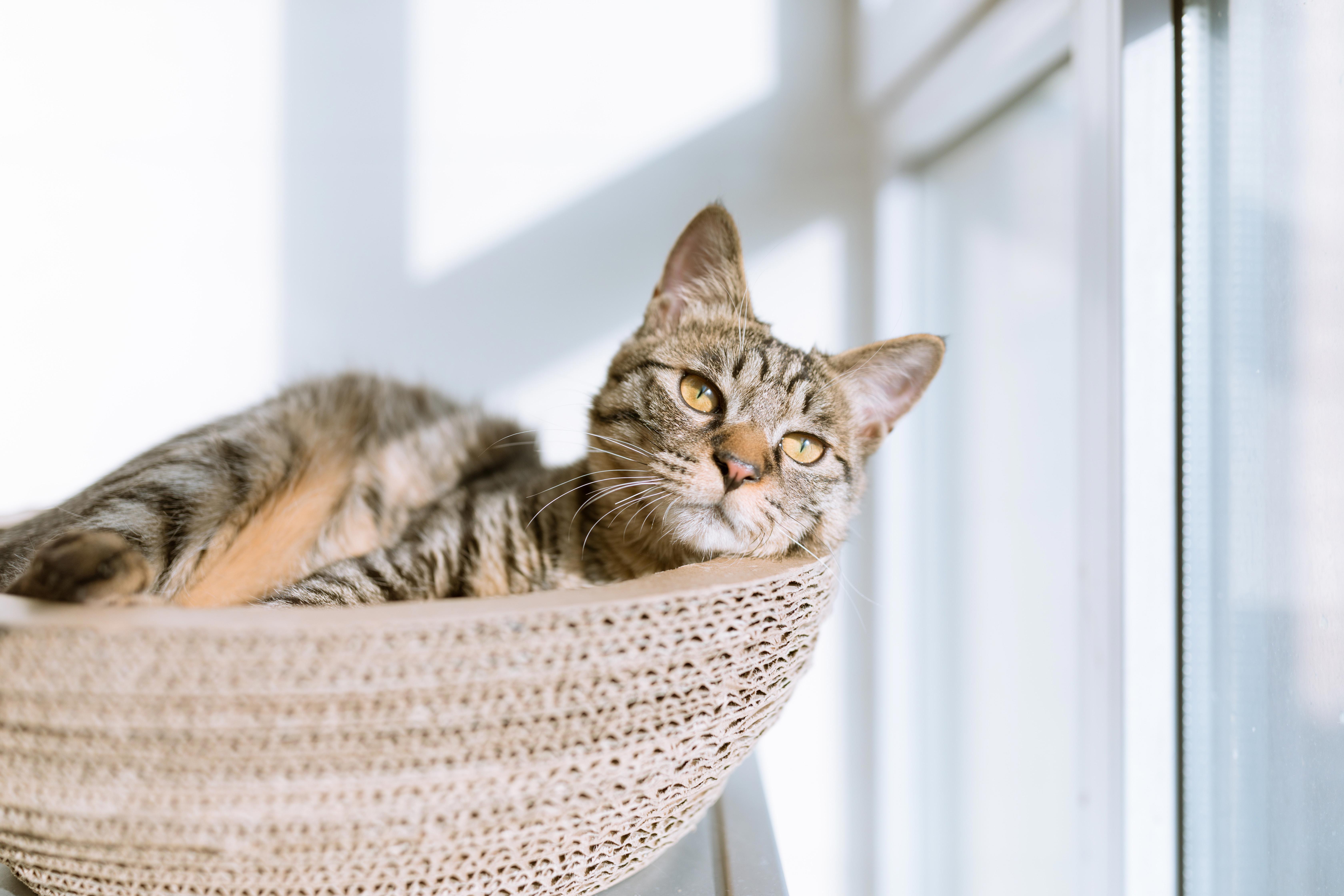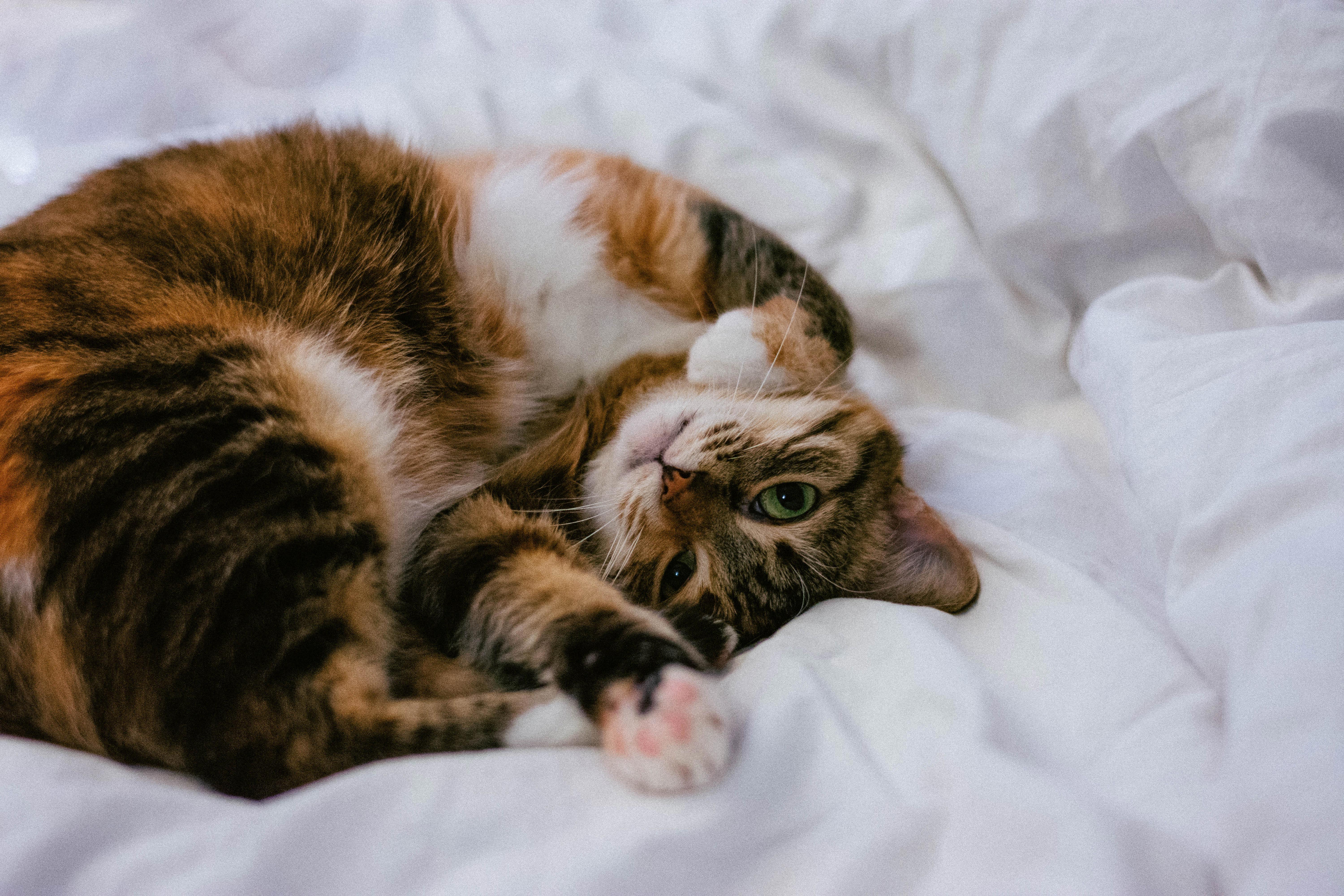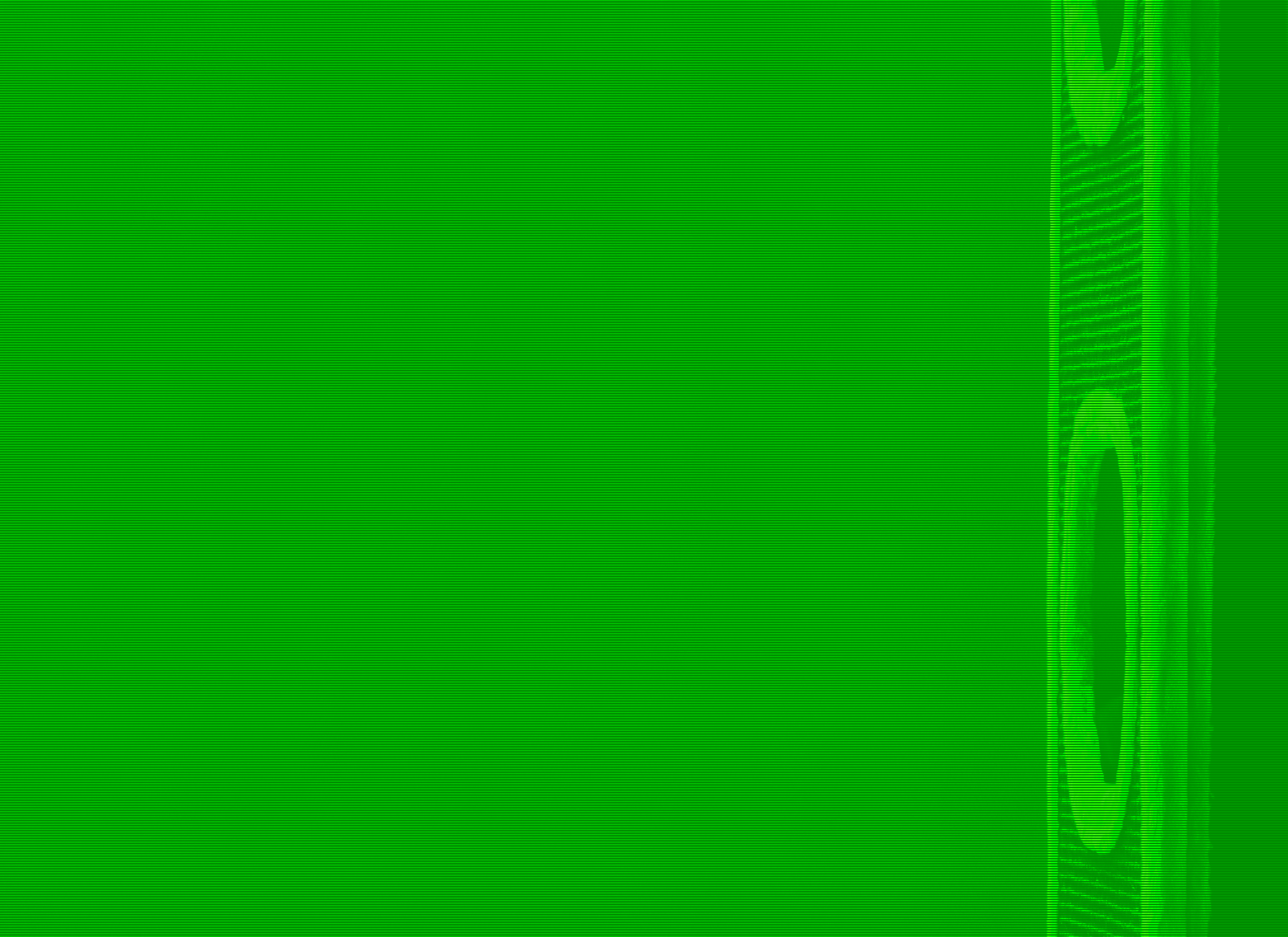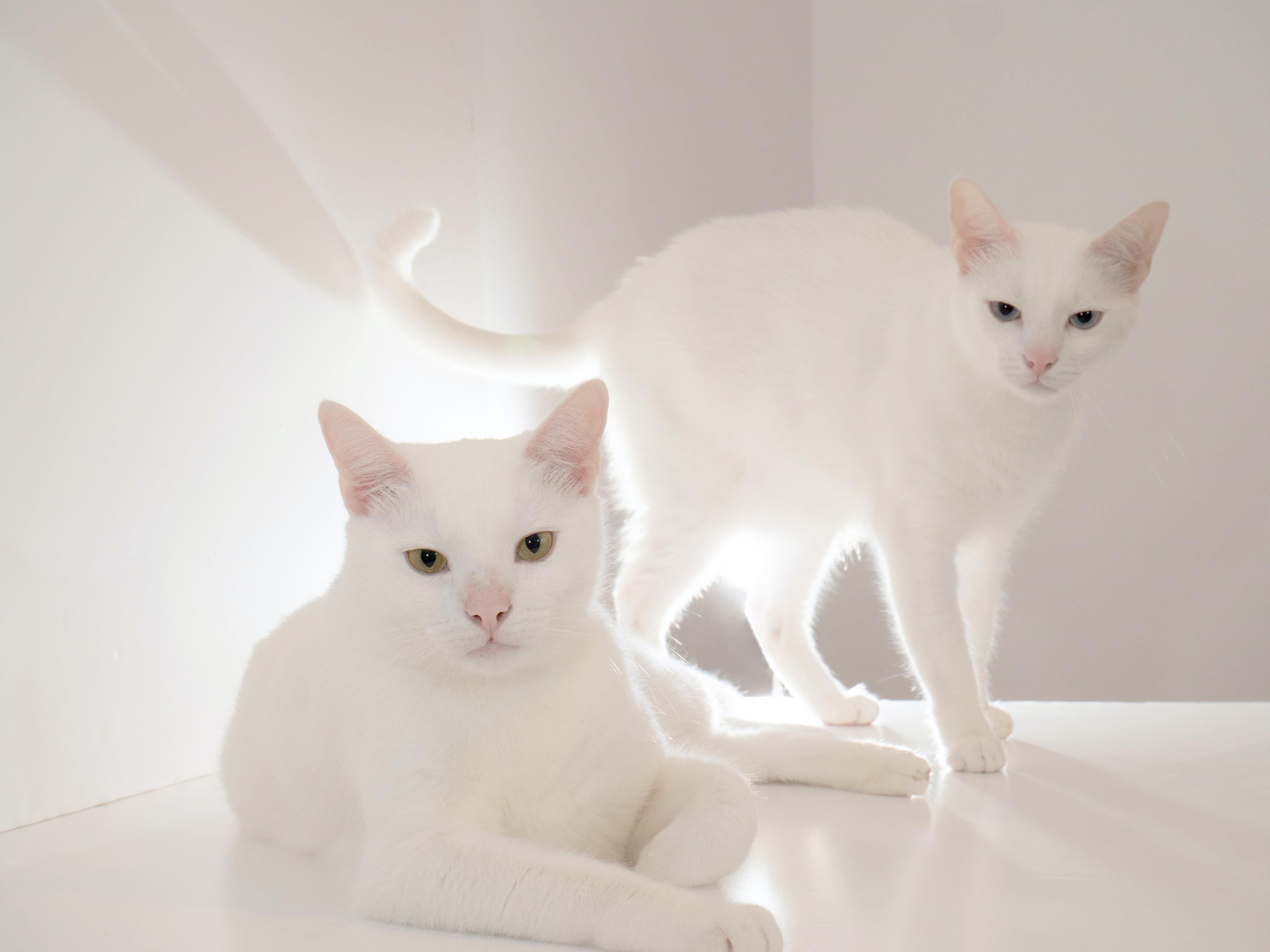As cat owners, we want our furry companions to be happy and healthy. But what if your cat is suffering from food allergies? Food allergies in cats are not uncommon, and they can cause a variety of symptoms that can be difficult to identify. Some of these symptoms include itching, vomiting, diarrhea, and even hair loss. If you suspect that your cat may be suffering from a food allergy, it’s important to know what signs to look out for and how to properly diagnose and treat the condition. In this blog post, we’ll go over the common symptoms of food allergies in cats and provide you with helpful tips on how to determine if your cat is experiencing food allergy symptoms.
As cat owners, we want our furry friends to be happy and healthy. One way to ensure this is by feeding them the right food. However, sometimes even the best food can cause a problem for cats. One of the most common problems is food allergies. As a cat owner, it’s important to know the signs of a food allergy, so you can address the issue before it becomes a bigger problem.
So, how do you know if your cat has a food allergy? Here are some signs to look out for:
1. Itchy or inflamed skin: Food allergies can cause your cat’s skin to become itchy, red, or inflamed. You may notice your cat scratching more than usual or even biting and licking their skin to relieve the itchiness.
2. Digestive issues: Cats with food allergies may experience vomiting, diarrhea, or constipation. If you notice any of these symptoms along with other signs, it’s important to take your cat to the vet.
3. Ear infections: If your cat has a food allergy, they may develop ear infections. This is because the allergy can cause inflammation in the ear canal, which can lead to an infection.
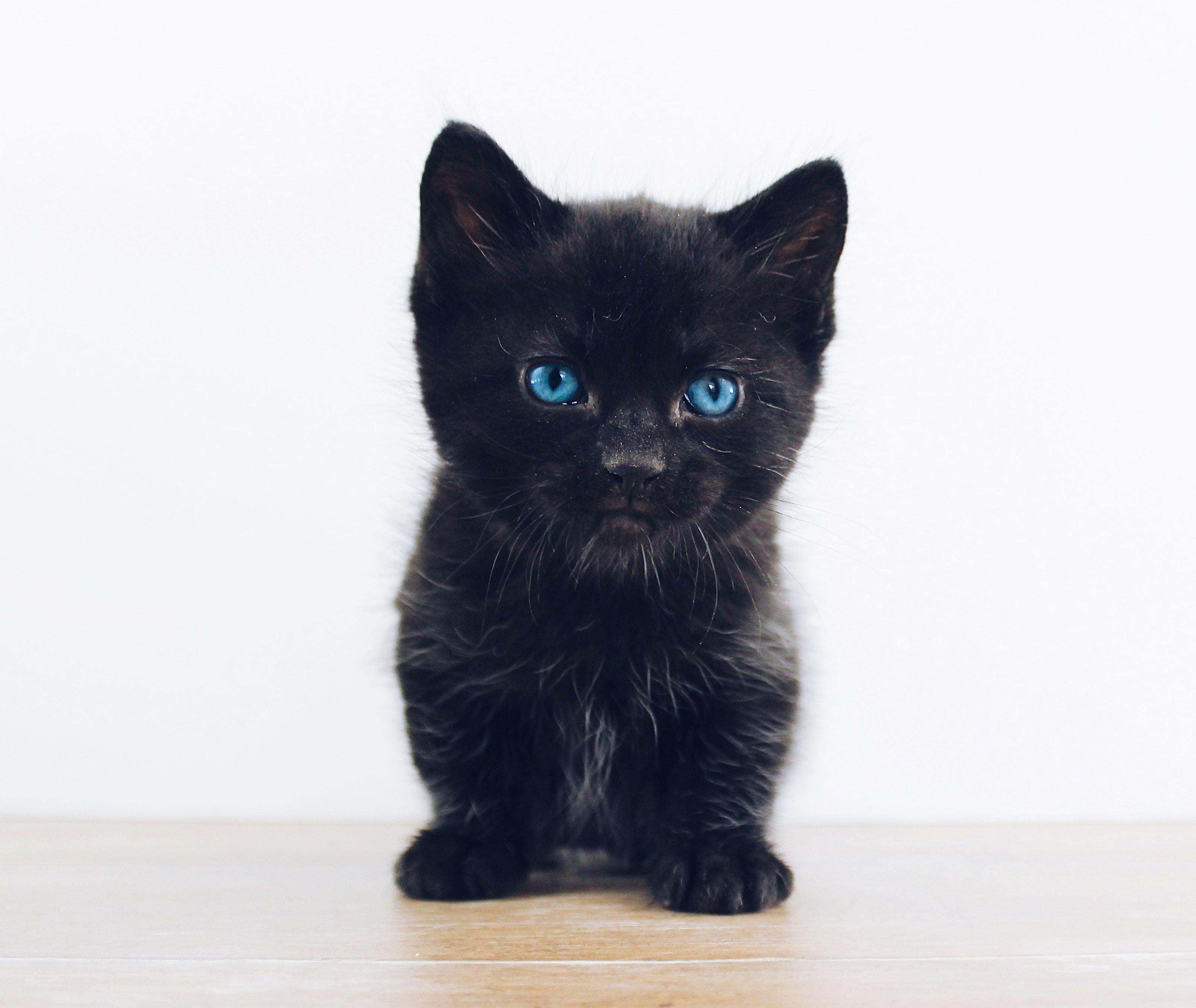
4. Respiratory issues: In some cases, food allergies can cause respiratory issues in cats. You may notice your cat coughing, sneezing, or having trouble breathing.
If you notice any of these symptoms in your cat, it’s important to take them to the vet. Your vet can perform tests to determine if your cat has a food allergy and recommend a treatment plan.
To determine the cause of your cat’s food allergies, your vet may recommend an elimination diet. This involves removing certain foods from your cat’s diet and gradually reintroducing them to see which ones cause an allergic reaction.
Once you know which foods your cat is allergic to, you can take steps to avoid them. This may involve switching to a different brand of cat food or making your cat’s food from scratch.
In conclusion, food allergies can be a problem for cats, but by knowing the signs to look out for and taking your cat to the vet, you can address the issue before it becomes a bigger problem. With the right treatment plan, your cat can live a happy and healthy life.
In conclusion, identifying and addressing your cat’s food allergy is crucial for their health and well-being. By observing your cat’s symptoms, eliminating potential allergens, and working with your veterinarian, you can help your feline friend live a happy and healthy life. Remember, every cat is different, and there is no one-size-fits-all solution. With patience and persistence, you can find the right diet and treatment plan to keep your cat’s allergies under control. Don’t ignore your cat’s symptoms, and always seek professional advice if you suspect a food allergy. Your furry friend will thank you for it!


